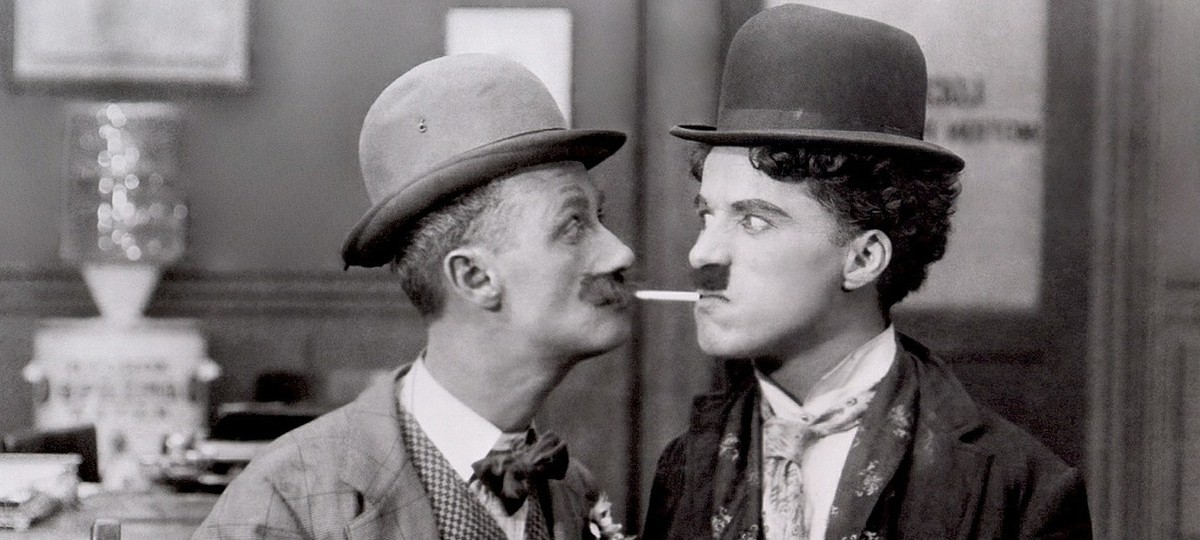
Just a few weeks after the terror attacks of 9/11 Gilbert Gottfried took to the stage of the Friar's Club and explained he had to leave early to catch a plane to California. "I couldn't get a direct flight. We have to make a stop at the Empire State Building."
The crowd booed and someone yelled, "Too soon!" But in fact, Gottfried's timing was impeccable.
He told the joke before the invention of Twitter — and before outrage became America's consuming passion.
The rollicking new documentary, "Can We Take a Joke?" brings our lust for umbrage into sharp focus. Audiences have become so hypersensitive, especially on campuses, that Chris Rock and Jerry Seinfeld have both sworn off college gigs.
And so the film, by documentarian Ted Balaker with support from the free-speech advocacy group FIRE (Foundation for Individual Rights in Education) interviews comedians both famous and up-and-coming about how they're dealing with the onslaught of offendedness.
One interviewee, stand-up Jim Norton, has worked his frustration into his routine: "Why is comedy the only form of the arts where people think they have to agree with, or approve the content?"
Comedy's job is, as George Carlin once said, "to find where the line is drawn and cross it deliberately."
"If we steered clear of every topic that could offend someone, we couldn't open our mouths," says Lisa Lampanelli, whose entire act is making fun of absolutely everyone. That might not be your thing. And if it's not, stay home.
Instead, audiences are coming in, sitting down, and demanding that comics not say anything crude or cruel. But when my idea of cruel is your idea of hilarious, my super-sensitivity automatically wins. I get to declare not just that the comic isn't funny, but that he is a bad person and needs to be punished.
Consider what happened to Justine Sacco. The young publicist was on her way to South Africa. As she boarded the plane she tweeted, "Going to Africa. Hope I don't get AIDS. Just kidding. I'm white." She was making a lame joke about the way whites see Africa, the continent where her parents had worked as anti-racism activists.
But one of her handful of Twitter followers assumed this was actually a racist remark and retweeted it. It got picked up by more and more people and by the time Sacco got off her 12-hour flight, she found herself the No. 1 trending item worldwide on Twitter, with people calling for her to be raped or killed.
Because of a bad joke.
Jon Ronson wrote about her story in his book, "So You've Been Publically Shamed." As he notes in the film: The mob that took her down wasn't actually making the world a better place. It was just getting off on outrage.
The same thing happened to Gottfried when he joked after the tsunami, "I was talking to my Japanese real estate agent. I said, 'Is there a school in this area?' She said, 'Not now. But just wait.'" He lost his job as the Aflac duck, and became officially a terrible person — moreso than after 9/11, when we were still able to be shocked but move on.
Now, maybe that wasn't a tasteful joke. But comedy does not have to be tasteful. It has to be allowed. It is free speech. It is the way a society copes with its fears and stands up to tyranny. I'm guessing Vladimir Putin doesn't tolerate a lot of anti-Putin punchlines.
"Do you really want to live in a world where everyone has to think twice before they tell any kind of a joke?" asks Greg Lukianoff, the president of FIRE.
America, lighten up — or be prepared for dark times.
Comment by clicking here.



 Contact The Editor
Contact The Editor
 Articles By This Author
Articles By This Author